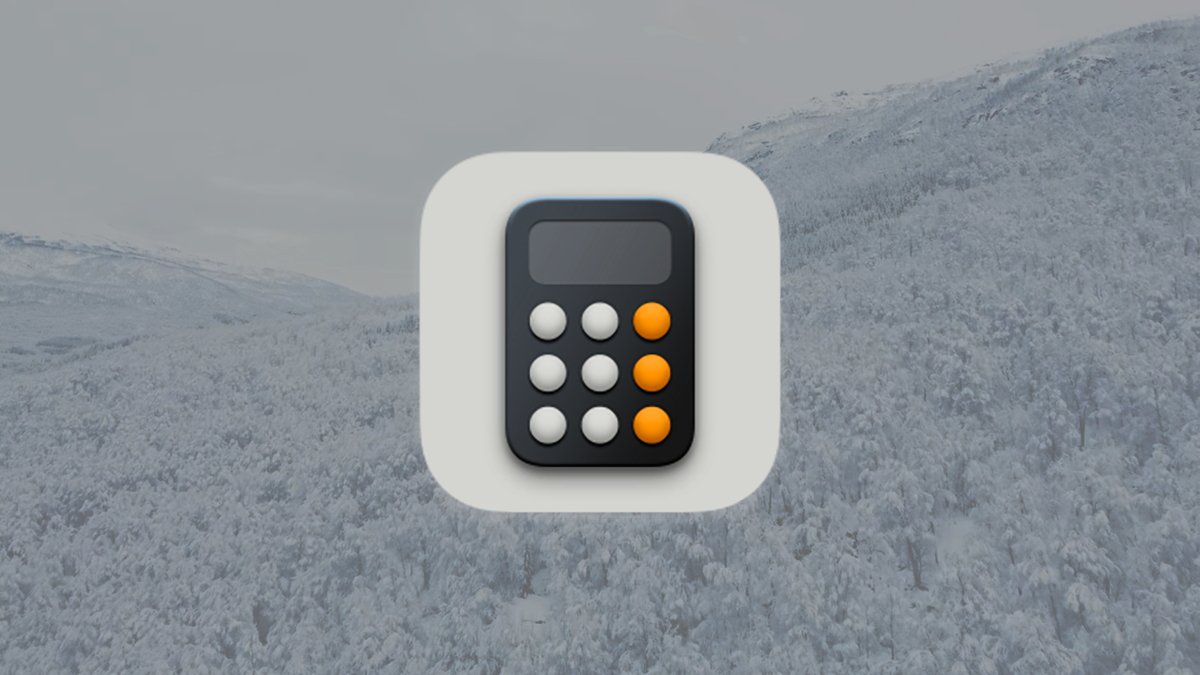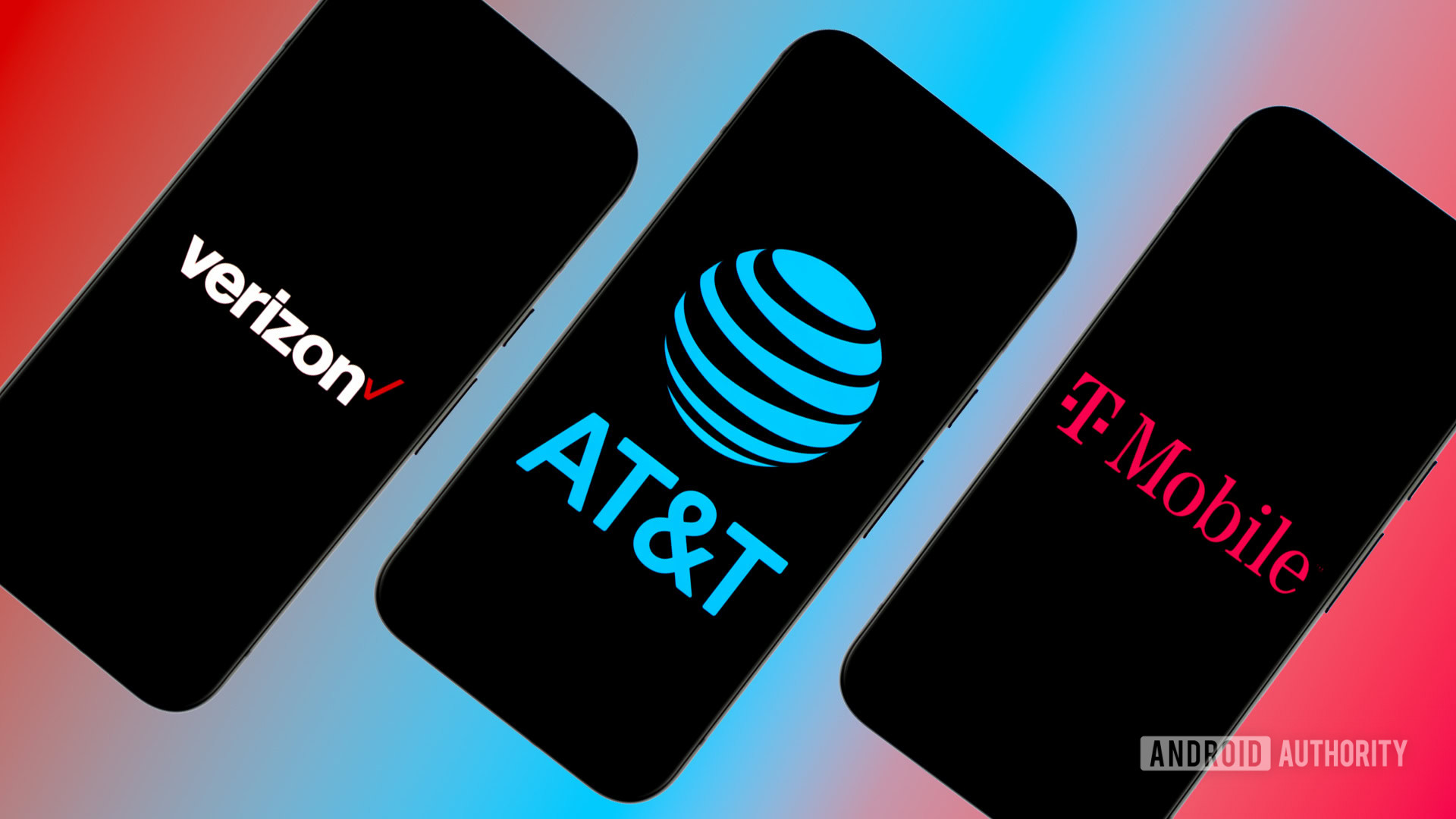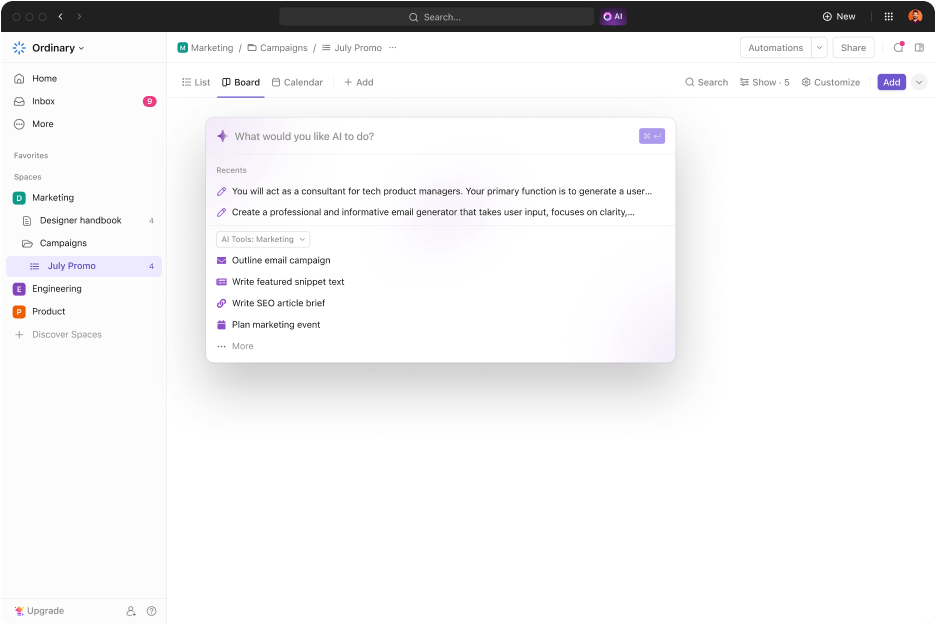Starting today—Friday, January 10, 2025—Nigerians will pay more money for voice, SMS, data, and other telecom services. In December 2024, the country’s communications regulator gave telecoms the green light to increase tariffs for the first time in 11 years.
For consumers, the effect is clear and simple: they will have to increase their budgets yet again in a country that has seen headline inflation rise from 29.9% to 34.6% between January and November 2024.
And for the telcos, the news offers respite. While businesses in different sectors have increased their prices to adjust for crippling inflation, telcos have kept their prices unchanged in 11 years, despite soaring diesel costs for powering cell towers, rising staff overhead, and forex volatility.
Airtel and MTN Nigeria jointly lost $484 million in H1 2024 after Nigeria devalued the naira. Compared to 2023, both telcos lost $296 million. It meant that all dollar-denominated loans effectively doubled overnight, straining their finances further.
A company losing this much money will prioritise survival over improving its services or expanding infrastructure. The telecom sector, which employs over 15,500 people and contributes 13.5% to Nigeria’s GDP, cannot sustain three consecutive years of losses without risking collapse. Without consistent investment, service quality will deteriorate, affecting millions of Nigerians who rely on their services daily.
The tariff hike is a hard pill to swallow for many. It’s a tough, but necessary call.










